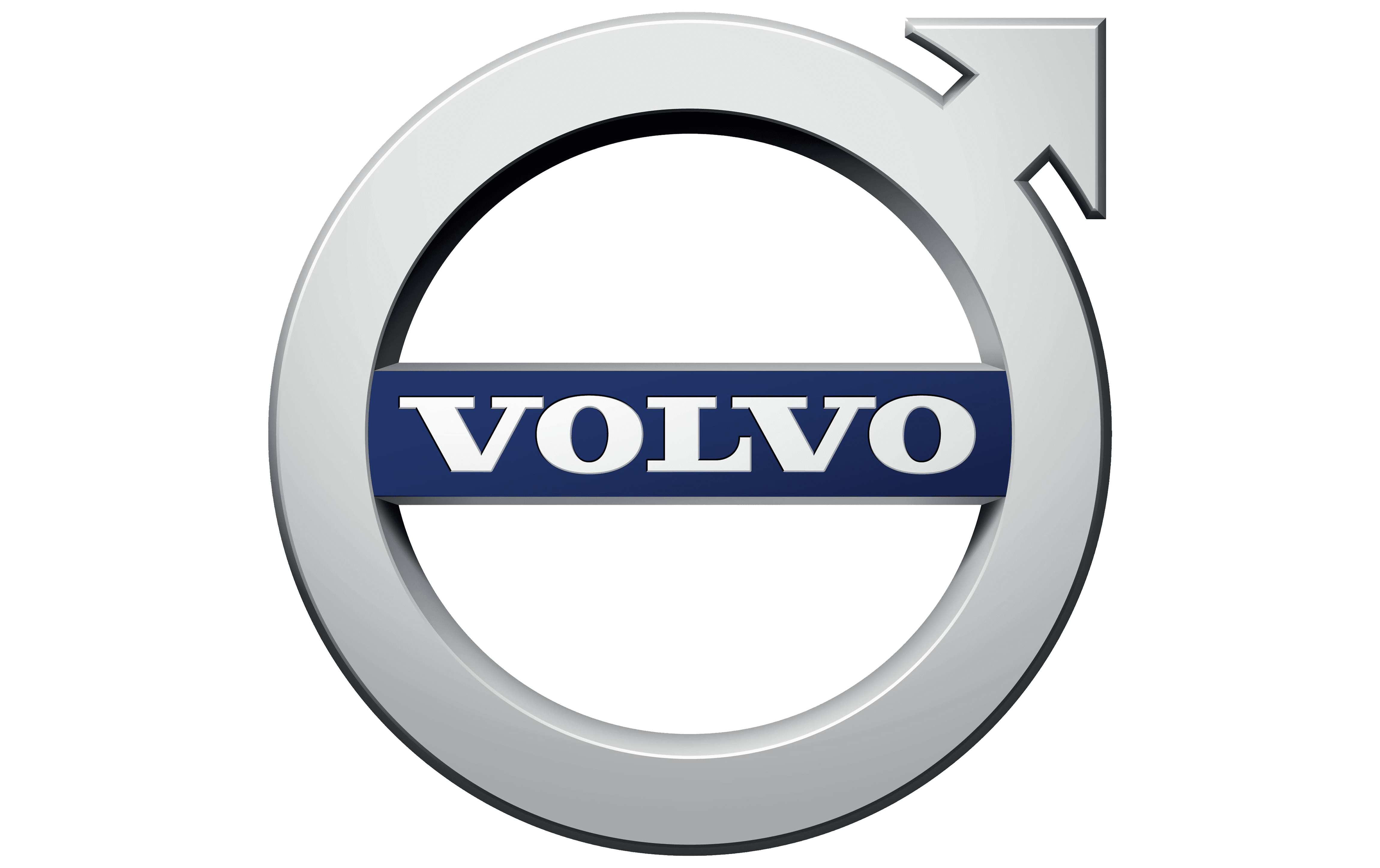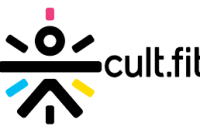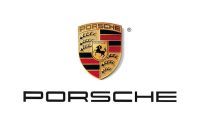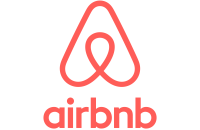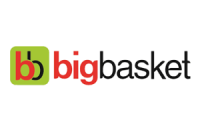You need to know
“An average salary of digital marketing manager is Rs 588,000 to 10,15,042 as of july 2022”
Source: Payscale
“An average salary of digital marketing manager is Rs 588,000 to 10,15,042 as of july 2022”
Source: Payscale
All In One Advanced Digital Marketing Course is a comprehensive training program that covers various aspects of digital marketing in a single course.
It is designed to provide participants with a comprehensive understanding of the different components of digital marketing, including search engine optimization (SEO), search engine marketing (SEM), social media marketing, content marketing, email marketing, analytics, and more.
This course aims to equip learners with the knowledge and skills necessary to develop effective digital marketing strategies, implement them across various platforms, and drive tangible results for businesses or brands.
By offering a holistic approach to digital marketing education, an All In One Advanced Digital Marketing Course enables participants to become well-rounded digital marketing professionals capable of managing diverse digital marketing campaigns and initiatives.
This advanced digital marketing course is suitable for individuals who have a basic understanding of digital marketing concepts and wish to further enhance their skills and knowledge in the field. It is ideal for:
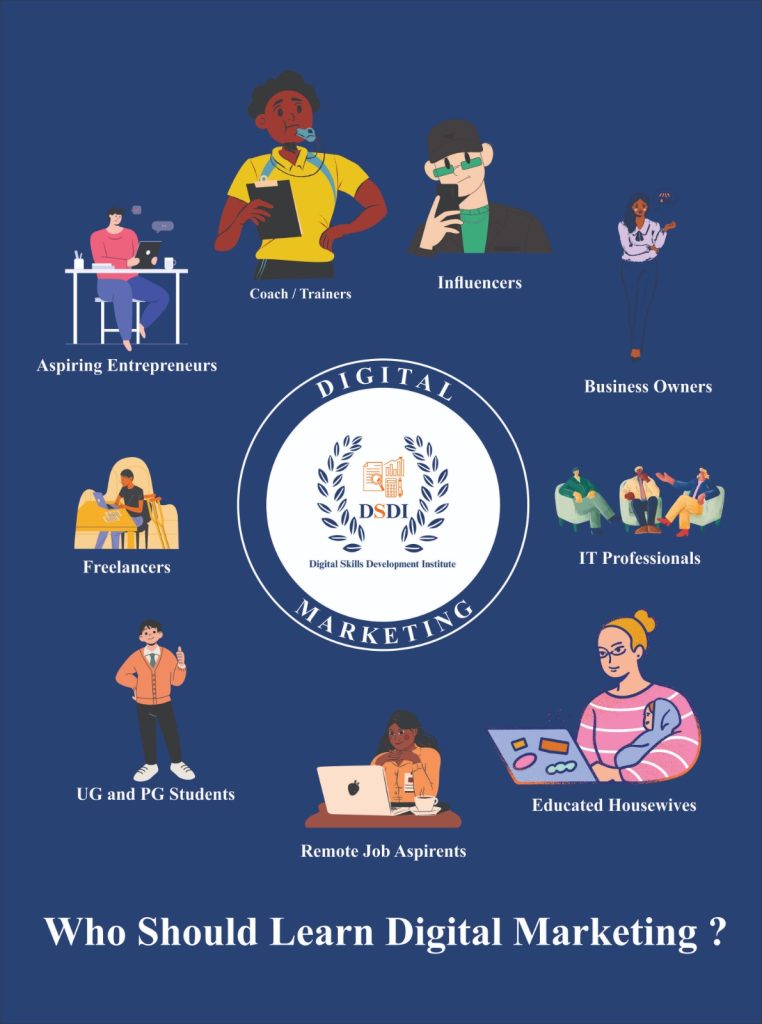
Ultimately, anyone with a keen interest in digital marketing and a desire to expand their skill set can benefit from an advanced digital marketing course. It provides the opportunity to learn advanced concepts, tools, and strategies to effectively navigate the ever-evolving digital landscape and achieve successful marketing outcomes.

Our team consists of experienced trainers who were formerly associated with a renowned digital marketing training institute in India.

Our team is composed of industry experts who have studied at prestigious institutions such as IIMs and renowned management institutes and have worked for leading companies.

Upon completing the course, we provide a 100% job guarantee within 6 months, as long as you possess good written and verbal English communication skills.

Our trainers are currently employed in reputable US companies, bringing their extensive industry expertise to the training sessions.
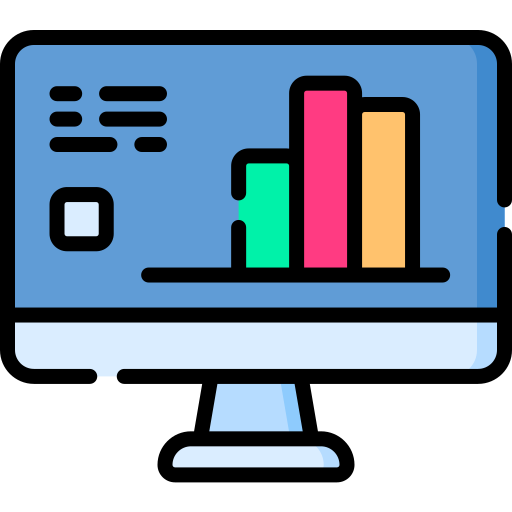
Our trainers have a minimum of 8+ years of hands-on work experience in the digital marketing industry.

With a track record of training over 10,000 students in the past, we have established ourselves as providers of quality education in the field.

They have worked with over 50 national and international brands, offering valuable insights and real-world knowledge.

You will learn cutting-edge strategies that have generated millions of dollars in revenue.

We are committed to providing lifetime support to our students, ensuring continuous growth and success in their digital marketing journey.
200 Hours (110 Hours of instructor led classroom training + 90 Hours of practice )
The digital marketing ecosystem refers to the interconnected network of platforms, technologies, channels, and stakeholders that contribute to the execution and success of digital marketing strategies. It encompasses various elements that work together to create a dynamic and ever-evolving landscape.
Brand building and positioning are strategic activities that aim to create a strong and favorable perception of a brand in the minds of consumers.
Media planning and budget allocation are crucial aspects of marketing strategy. Media planning involves identifying the most suitable channels and platforms to reach the target audience effectively, considering factors like reach, cost, and demographics. On the other hand, budget allocation involves distributing the marketing budget across different media channels and initiatives based on campaign objectives, audience reach, cost-effectiveness, and ROI potential. Both processes aim to optimize resources and maximize the impact of marketing efforts by strategically selecting the right media channels and allocating budget in a way that aligns with marketing goals and target audience preferences.
Keyword research is the process of identifying and selecting relevant keywords or search terms that users enter into search engines when looking for information, products, or services. It involves understanding the target audience, conducting keyword analysis, and using tools to determine the search volume, competition, and relevance of keywords. This research helps in optimizing website content, PPC campaigns, and SEO strategies to improve visibility and reach the right audience.
Content planning involves strategically mapping out the creation and distribution of content to achieve specific goals. It includes identifying target audience personas, conducting keyword research, defining content topics, and planning content formats and channels. The goal is to deliver valuable and relevant content that resonates with the target audience and aligns with the overall marketing objectives.
SEO (Search Engine Optimization) On-Page refers to the optimization techniques applied directly on a website to improve its search engine visibility and rankings. This involves optimizing elements such as meta tags, headings, URLs, and content structure to make the website more search engine friendly. On-Page SEO techniques focus on improving the website’s relevancy, user experience, and accessibility to search engine crawlers.
SEO Off-Page refers to the activities conducted outside of a website to improve its search engine rankings. This primarily involves building high-quality backlinks from external websites, social media promotion, influencer outreach, and online reputation management. Off-Page SEO aims to enhance the website’s authority, trustworthiness, and overall online presence.
Blogging is the practice of regularly publishing informative and engaging content on a blog platform. It serves as a powerful tool for content marketing, brand building, and establishing thought leadership. Blogging allows businesses to share valuable insights, industry updates, product information, and more. It helps attract organic traffic, engage with the audience, and foster relationships with potential customers.
Website planning involves strategizing and organizing the elements of a website to ensure its effectiveness in achieving business objectives. This includes defining the website’s purpose, target audience, navigation structure, content hierarchy, design elements, and functionality. Website planning ensures that the website is user-friendly, visually appealing, and optimized for achieving specific goals, such as lead generation, conversions, or brand awareness.
WordPress is an open-source content management system that enables users to build professional websites without needing extensive coding knowledge. It powers over 40% of all the websites on the internet, a testament to its flexibility, ease of use, and extensive features. We’ll teach you how to build and manage your website from scratch without coding.
Ad copy psychology refers to the use of psychological principles and techniques to create persuasive and compelling advertisements. It involves understanding consumer behavior, emotions, and motivations to craft ad copy that resonates with the target audience. Techniques like storytelling, social proof, scarcity, and emotional appeals are employed to drive engagement, evoke desired emotions, and encourage action.
Google Ads is an online advertising platform that allows businesses to create and run ads on Google’s search engine and display network. It operates on a pay-per-click (PPC) model, where advertisers bid on keywords to display their ads in search results or on websites within Google’s ad network. Google Ads provides a range of targeting options, ad formats, and analytics to help businesses reach their target audience and measure the effectiveness of their campaigns.
Bing Ads is a pay-per-click advertising platform similar to Google Ads, but it focuses on displaying ads on the Bing search engine and its partner sites. Bing Ads offers similar targeting options and ad formats as Google Ads, providing an alternative platform to reach a different user base and expand advertising reach.
Facebook organic refers to the non-paid or natural reach and engagement on the Facebook platform. It involves creating and sharing content on a Facebook business page without utilizing paid advertising. The goal is to attract and engage followers, build brand awareness, and foster organic interactions with the target audience.
Facebook paid ads allow businesses to reach their target audience on the Facebook platform through targeted advertising campaigns. Advertisers can create ads based on specific demographics, interests, behaviors, and geographic locations. Facebook provides various ad formats, including image ads, video ads, carousel ads, and more, enabling businesses to drive engagement, increase brand awareness, and generate leads or conversions.
Instagram organic refers to the non-paid or natural reach and engagement on the Instagram platform. It involves creating and sharing content on an Instagram business profile without utilizing paid advertising. The aim is to attract and engage followers, showcase products or services, and build an organic community of engaged users.
Instagram, being a part of the Facebook ecosystem, offers paid advertising options for businesses. Advertisers can create visually appealing ads in various formats, including photos, videos, and stories, to reach their target audience on Instagram. Instagram ads can help businesses increase brand visibility, engage with users, and drive website traffic or conversions.
LinkedIn organic refers to the non-paid or natural reach and engagement on the LinkedIn platform. It involves creating and sharing professional content, networking, and building connections without utilizing paid advertising. LinkedIn organic activities focus on professional development, thought leadership, and establishing a professional brand presence.
LinkedIn paid ads provide opportunities for businesses to target professionals and B2B audiences on the LinkedIn platform. Advertisers can create ads that appear in users’ news feeds, on the sidebar, or through sponsored InMail messages. LinkedIn offers targeting options based on job titles, industries, company size, and more, making it an effective platform for business-to-business marketing and professional networking.
YouTube organic refers to the non-paid or natural reach and engagement on the YouTube platform. It involves creating and sharing video content without utilizing paid advertising. YouTube organic strategies aim to attract subscribers, generate views, and increase engagement through valuable and compelling video content.
YouTube marketing involves using the YouTube platform for promoting products, services, or brands. It includes both organic and paid methods to reach and engage the YouTube audience. YouTube marketing strategies may include creating optimized video content, running ads, collaborating with influencers, and leveraging YouTube’s analytics and targeting options to maximize reach, engagement, and conversions.
Quora organic refers to the non-paid or natural reach and engagement on the Quora platform. It involves participating in question-and-answer discussions, sharing knowledge and expertise, and building a reputation as a trusted source without utilizing paid advertising. Quora organic activities aim to provide value, establish credibility, and drive traffic through informative and helpful responses.
Quora marketing involves leveraging the Quora platform for promoting products, services, or brands. It includes both organic and paid methods to reach and engage the Quora user base. Quora marketing strategies may include providing informative answers, running ads, optimizing profiles, and leveraging targeted advertising options to connect with relevant audiences and drive website traffic or conversions.
App install ads are a type of digital advertising that specifically promotes the installation of mobile applications. These ads are designed to encourage users to download and install an app on their smartphones or tablets. App install ads can be found on various platforms, including social media networks, search engines, and mobile ad networks.
Email marketing involves sending targeted and personalized emails to a group of subscribers or customers. It is a highly effective way to nurture leads, build customer relationships, and promote products or services. Email marketing campaigns can include newsletters, promotional offers, event invitations, or follow-up communications. Tools and software are available to manage subscriber lists, design email templates, automate campaigns, and track metrics like open rates, click-through rates, and conversions.
Ecommerce marketing refers to the strategies and tactics used to promote and sell products or services through online platforms. It involves leveraging digital marketing techniques to attract, engage, and convert customers in the online marketplace
Conversion setup refers to the process of defining and implementing specific actions or goals that businesses want website visitors to take. These actions can be making a purchase, filling out a form, subscribing to a newsletter, or any other desired action that indicates a successful conversion. Conversion setup involves using tools like Google Analytics or conversion tracking codes to monitor and measure these actions, providing valuable insights into campaign performance and optimizing marketing strategies.
Ads analytics helps businesses understand the performance of their advertising campaigns and make data-driven decisions to optimize their strategies. By analyzing ad metrics, businesses can determine which ads are driving the most engagement, conversions, and revenue. This information allows them to allocate budgets effectively, refine targeting parameters, and adjust ad creatives to maximize the return on investment (ROI) of their advertising efforts.
Report creation involves compiling and presenting data in a clear and organized format to communicate the performance and effectiveness of marketing campaigns. Reports can include key performance indicators (KPIs), such as impressions, clicks, conversions, cost per acquisition (CPA), and return on investment (ROI). These reports help businesses track progress, identify areas for improvement, and share insights with stakeholders, clients, or team members.
Google Analytics is a powerful web analytics tool that provides detailed insights into website traffic, user behavior, and conversion metrics. It allows businesses to track and measure the effectiveness of their digital marketing efforts, including advertising campaigns. With Google Analytics, businesses can understand how users interact with their website, identify the most valuable traffic sources, and make data-driven decisions to optimize their online presence.
Online reputation management involves monitoring, influencing, and managing a business’s online reputation across various digital platforms. It includes strategies to build a positive brand image, address negative reviews or comments, and engage with customers to maintain a strong online reputation. Online reputation management is crucial for businesses as it impacts their credibility, customer trust, and overall success in the digital landscape.
YouTube growth refers to strategies and techniques used to increase subscribers, views, and engagement on a YouTube channel. It involves creating high-quality video content, optimizing titles and descriptions, promoting videos through other channels, engaging with the YouTube community, and leveraging analytics to understand audience preferences. YouTube growth helps businesses or content creators build a strong presence on the platform and reach a wider audience.
Internship preparation involves developing the necessary skills, knowledge, and mindset to secure and excel in an internship position. This includes enhancing technical skills relevant to digital marketing, such as social media management, content creation, data analysis, or campaign optimization. It also involves honing communication, teamwork, and problem-solving skills, as well as researching and preparing for interview processes specific to the internship role.
Affiliate marketing is a performance-based marketing strategy where individuals or businesses earn commissions by promoting other people’s products or services. Affiliates (promoters) earn a commission for every sale or lead they generate through their unique affiliate links. Affiliate marketing offers opportunities to monetize websites, blogs, or social media platforms by recommending products and driving conversions.
A professional resume writing course teaches you how to create a compelling and well-structured resume. You’ll learn to optimize content, tailor it to job requirements, and use effective formatting and design techniques. By the end of the course, you’ll have the skills to create a standout resume that increases your chances of landing job opportunities.
Job interview readiness focuses on preparing individuals for digital marketing job interviews. It includes understanding the industry, practicing common interview questions, highlighting relevant skills and experiences, and showcasing a strong understanding of digital marketing concepts and strategies. Job interview readiness also involves researching the company, demonstrating enthusiasm, and presenting oneself professionally to increase the chances of securing a digital marketing job.
